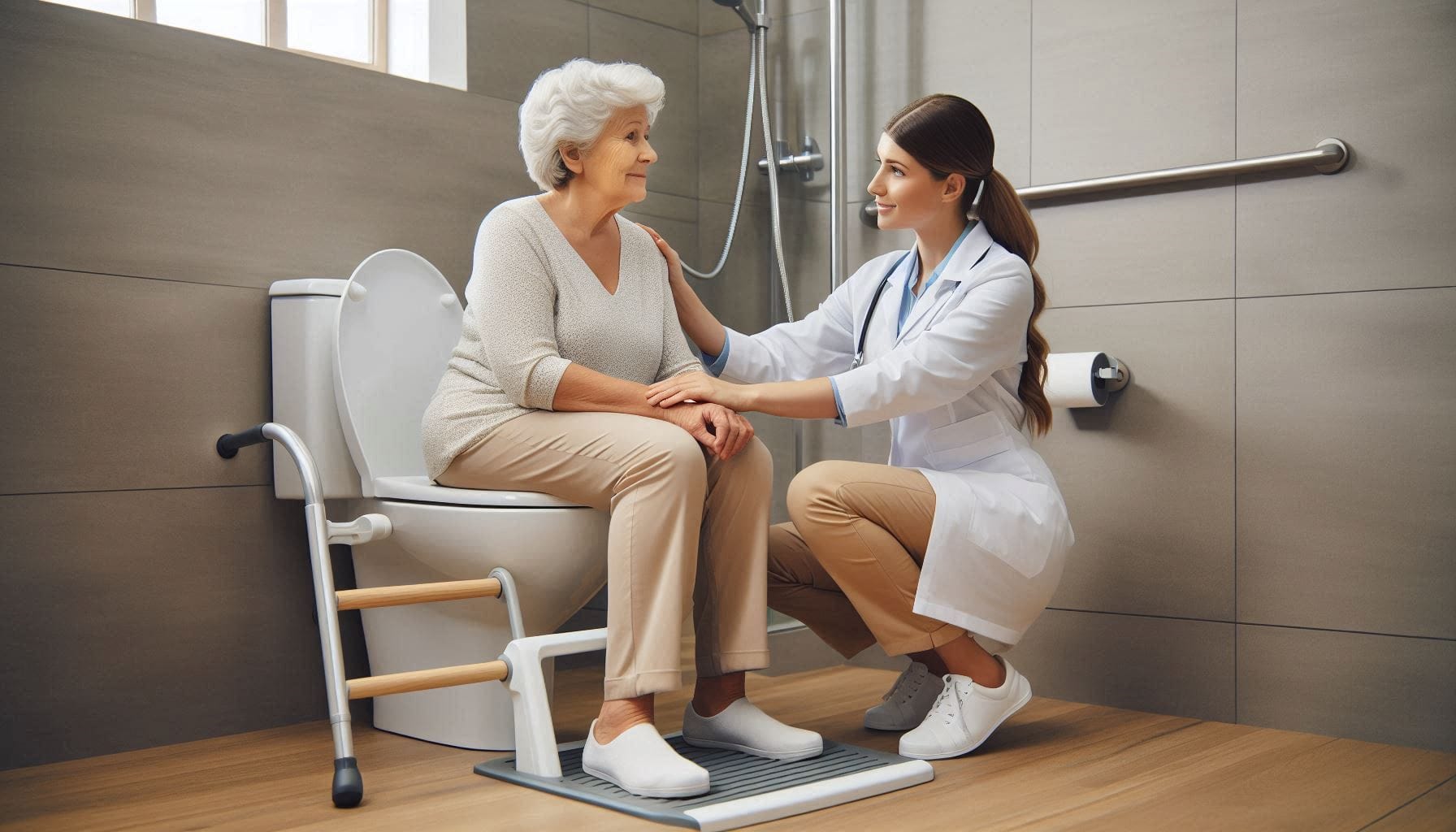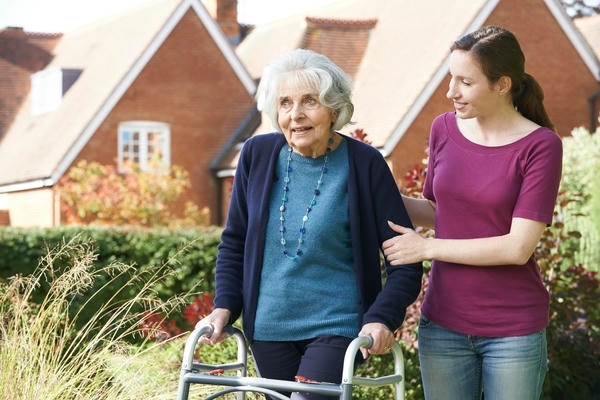Introduction
Personal hygiene is a fundamental aspect of daily life, yet for many individuals, managing toileting independently can be challenging. Aging, medical conditions, and mobility limitations can make it difficult to use the restroom safely and maintain proper hygiene. For individuals in such situations, toileting assistance offers essential support to ensure dignity, hygiene, and overall well-being.
Toileting assistance is not just about helping someone use the restroom—it is about preserving dignity, preventing health issues, and improving quality of life. Whether provided by professional caregivers, family members, or healthcare workers, this type of assistance can make a significant difference in the lives of those who need it.
In this article, we will explore what toileting assistance involves, who benefits from it, and the key advantages it provides.
1. Understanding Toileting Assistance
Toileting assistance refers to supportive services designed to help individuals with their bathroom needs. This can range from guiding someone to the restroom to providing full assistance with hygiene care. Depending on the individual’s condition, assistance may be minimal or extensive.
What Does Toileting Assistance Involve?
Toileting care can include the following:
- Helping individuals walk or transfer to and from the restroom.
- Assisting with clothing adjustments before and after toileting.
- Providing stability and support while using the restroom.
- Cleaning and maintaining personal hygiene after use.
- Managing incontinence care, ostomy care, or catheter hygiene.
- Keeping track of toileting schedules for those with specific medical needs.
Who Provides Toileting Assistance?
Toileting assistance can be provided by:
- Professional caregivers in home care or assisted living settings.
- Family members supporting loved ones at home.
- Nurses or healthcare professionals in medical environments.
Regardless of who provides the care, the most crucial factor is respecting the individual’s privacy, comfort, and dignity throughout the process.
2. The Importance of Maintaining Hygiene and Dignity
Needing help with toileting can be an emotionally sensitive issue. Many individuals feel a loss of independence and dignity when they can no longer manage their hygiene alone.
Why Privacy and Respect Matter
- Proper toileting assistance helps individuals maintain self-esteem and avoid feelings of embarrassment.
- Caregivers should prioritize discretion, respect, and professionalism when providing assistance.
- A compassionate approach can make the process feel less intrusive and more empowering for the individual.
Hygiene and Health Considerations
Neglecting proper toileting hygiene can lead to serious health concerns:
- Urinary tract infections (UTIs) can develop due to improper cleaning.
- Skin irritation and infections can occur from prolonged exposure to moisture.
- Bedsores and rashes can form if incontinence is not managed correctly.
By ensuring good hygiene and a respectful approach, toileting assistance plays a key role in maintaining both physical health and emotional well-being.
3. Services Included in Toileting Assistance
Toileting assistance services are designed to cater to various levels of need. Some of the key services include:
Basic Assistance
- Helping individuals safely move to and from the restroom.
- Supporting individuals while standing or sitting.
Hygiene and Clothing Support
- Adjusting clothing before and after toileting.
- Cleaning and maintaining proper hygiene.
Incontinence and Medical Support
- Managing incontinence products.
- Assisting with ostomy and catheter care.
Health Monitoring
- Tracking toileting schedules to prevent discomfort and health risks.
- Noticing changes in bowel or bladder function that may indicate medical issues.
Each individual’s care plan can be customized based on their personal needs and level of independence.
4. Who Benefits from Toileting Assistance?
Individuals Who May Require Assistance:
- Elderly individuals – Mobility issues, arthritis, or muscle weakness can make toileting difficult.
- People with disabilities – Those with physical or cognitive impairments may require extra support.
- Post-surgery patients – Temporary assistance is often needed during recovery.
- Individuals with chronic illnesses – Conditions like multiple sclerosis (MS) or Parkinson’s disease can affect bowel and bladder control.
- People with dementia or cognitive decline – Memory loss and confusion can make independent toileting unsafe.
For these individuals, professional and compassionate toileting assistance can make daily life easier, safer, and more comfortable.
5. Key Benefits of Toileting Assistance
Toileting assistance offers numerous advantages, including:
1. Preserving Dignity
- Individuals maintain a sense of control over their hygiene.
- Reduces feelings of embarrassment and vulnerability.
2. Enhancing Hygiene and Health
- Prevents infections and skin conditions.
- Promotes overall cleanliness and comfort.
3. Ensuring Safety
- Reduces fall risks, which are common in bathrooms.
- Provides stability for individuals with mobility challenges.
4. Improving Well-Being
- Helps individuals feel comfortable and confident.
- Encourages routine hygiene habits.
5. Offering Peace of Mind for Families
- Families can feel reassured that their loved ones are receiving proper care.
- Professional caregivers ensure a compassionate and respectful experience.
6. Can Toileting Assistance Be Combined with Other Care Services?
Yes! Toileting assistance is often part of a comprehensive care plan that includes:
- Personal hygiene assistance (bathing, grooming, dressing).
- Medication reminders to ensure regular medication intake.
- Mobility and transfer support to prevent falls.
- Companion care for emotional support and social interaction.
Integrating these services allows a more holistic approach to caregiving, improving the individual’s overall quality of life.
7. Choosing the Right Toileting Assistance Provider
If professional care is needed, selecting the right provider is crucial. Consider these factors:
What to Look for in a Caregiver or Service:
✅ Experience and training in personal care.
✅ Compassionate and respectful approach.
✅ A strong commitment to privacy and dignity.
✅ Ability to customize care to specific needs.
Questions to Ask When Choosing a Provider:
- What qualifications and training do the caregivers have?
- How do they ensure privacy and respect?
- Can the services be customized for individual needs?
- What are the costs and service options available?
Taking the time to research and choose the right assistance provider ensures that individuals receive the highest quality of care.
Conclusion
Toileting assistance is an essential service that helps individuals maintain dignity, hygiene, and safety. Whether provided by family members or professional caregivers, this support significantly improves quality of life for those who need it.
If you or a loved one could benefit from toileting assistance, exploring professional care options can ensure comfort, safety, and respect in daily hygiene routines.






I know this if off topic but I’m looking into starting my own blog and
was wondering what all is required to get set up?
I’m assuming having a blog like yours would cost a pretty penny?
I’m not very internet savvy so I’m not 100% certain. Any suggestions or advice would
be greatly appreciated. Appreciate it
It’s amazing designed for me to have a site, which is beneficial for
my know-how. thanks admin
I am genuinely happy to glance at this blog posts which consists of lots
of useful information, thanks for providing these kinds of statistics.
Hi, I do believe this is an excellent site. I stumbledupon it ;
) I am going to come back once again since i have book-marked it.
Money and freedom is the best way to change, may you be rich and continue to guide other
people.